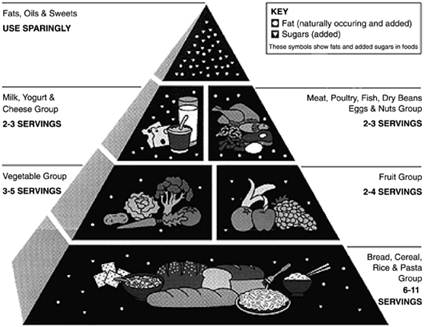If pregnancy is giving you heartburn, you
want it to stop, now. Here are five ways to extinguish the fire
It was heartburn
That got me in the end. I could take the
swelling, the back pain, the constant trips to the bathroom, the itchy skin,
the fatigue, the sweating, the sleeplessness and even the psychological shock
of seeing the scale tip 200 pounds. But the constant, searing pain of heartburn
made the miracle of pregnancy seem more like a curse—by the middle of my third
trimester, my mantra had changed from Please, let him be healthy! To Just get
him OUT!

That fiery sensation known as heartburn
happens when the lower esophageal sphincter (LES), a muscle responsible for
keeping stomach contents in their place, begins to relax or leak. This allows
stomach acids to flow upward into the esophagus, explains Suzanne Trupin, M.D.,
CEO of Women’s Health Practice of Champaign, 111. Pregnant women are prime
candidates for two reasons: First, the hormone relax in—busy limbering up your
joints and connective tissue for an easier delivery—slows your digestion,
meaning food stays in your stomach longer and triggers more acid production.
Second, your growing baby exerts pressure on both the stomach and the LES,
increasing the chance that acids will be pushed up into the esophagus.
So what’s an expectant mother to do? Follow
these five tips to relieve the pain:
1. Eat less, more often
Overeating exacerbates heartburn, says
Rachel Brandeis, M.S., a registered dietitian in Atlanta who specializes in prenatal
nutrition. “When you’re pregnant, there’s less room for your stomach to
expand,” she explains. And maintaining a sensible diet will not only stave off heartburn
in the short term, but throughout your pregnancy as well, because gaining more
than the recommended weight puts more pressure on your abdomen, which can
trigger the condition.
Instead of three meals a day, aim for six
mini-meals of no more than 1’/2 cups of food each, Brandeis recommends. Smaller
meals are easier for your body to digest. (See “Minisize Me,” pg. 48, for a
sample days’ worth of teeny meals.)
2. I eliminate trigger foods
Identify the foods that intensify your
heartburn and banish them from your diet. While there are no universally “banned”
foods, common heartburn triggers include acidic foods, such as citrus fruits
and tomatoes, greasy or fried foods, spicy foods, chocolate, coffee and carbonated
beverages and alcohol (which, as you well know, you should eliminate anyway!).

Food
guide pyramid. For pregnant women
3.
I focus on fluids
“Liquid-y foods are less likely to cause
problems than solids, since they move through the stomach more quickly,”
Brandeis says. Soups, smoothies, yogurt, milkshakes, protein shakes and
puddings are good choices. Look for liquids that offer plenty of protein, such
as milk and drinkable yogurt. And aim to make solids a little less so: “Chew
solid foods slowly and extremely well, until they’re almost liquefied,”
Brandeis adds.
4. Sleep smart To avoid nighttime heartburn,
don’t eat anything for at least three hours before bedtime. Elevate the head of
your bed by placing books under the legs, and if you’re not already sleeping
on your left side, start now; stomach acids will have to travel uphill to
reach the esophagus—no easy feat!

5. Time for Turns
It’s fine to find relief in a bottle of
Turns or Rolaids or other calcium- containing antacids. However, “too much
calcium can block iron absorption, so don’t take Turns at the same time you
take your prenatal vitamin,” Brandeis advises. By the time I gave birth, I
estimate I’d ingested my own considerable body weight in Turns. This overuse
created calcium overload, which may have exacerbated my anemia. If you’re
reaching for the ant acids 10 times a day (or more—as was), talk to your
doctor: She may want to check for ulcers or a hiatal hernia (where part of the
stomach protrudes into the chest cavity), or prescribe medication.
Also, avoid antacids that list aluminum
(such as aluminum hydroxide or aluminum carbonate) as an ingredient; it can
cause constipation and can even be toxic in large doses. Remedies containing
aspirin (such as Alka-Seltzer) should also be avoided during pregnancy; look
for salicylate or acetylsalicylic acid in ingredients lists. You don’t want an
antacid containing sodium bicarbonate (baking soda) or sodium citrate, either.
Both are high in sodium, which causes water retention.